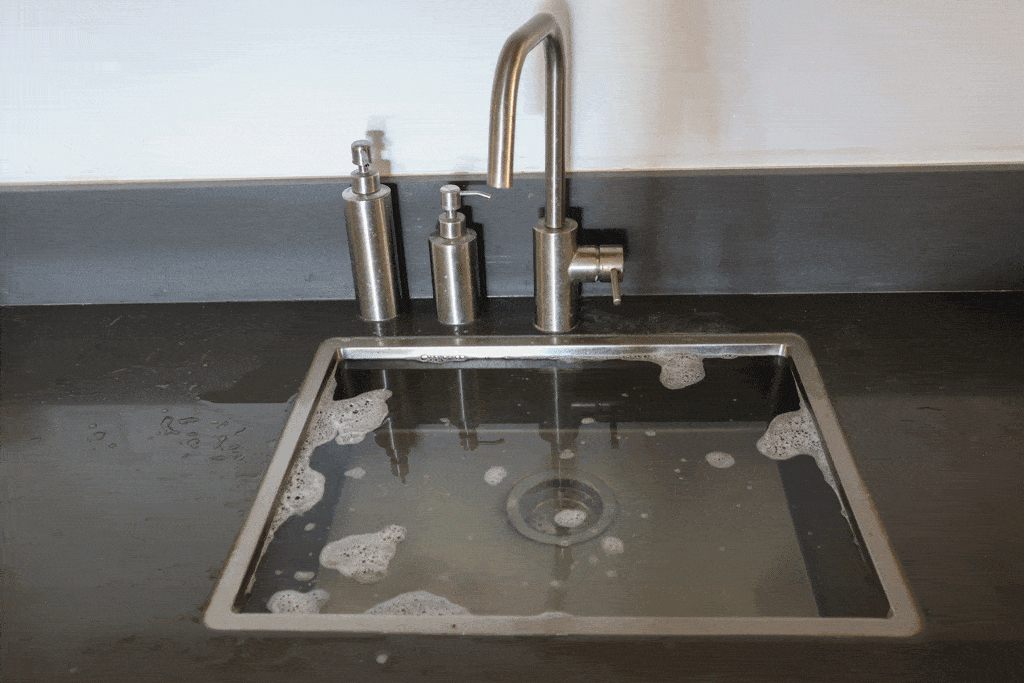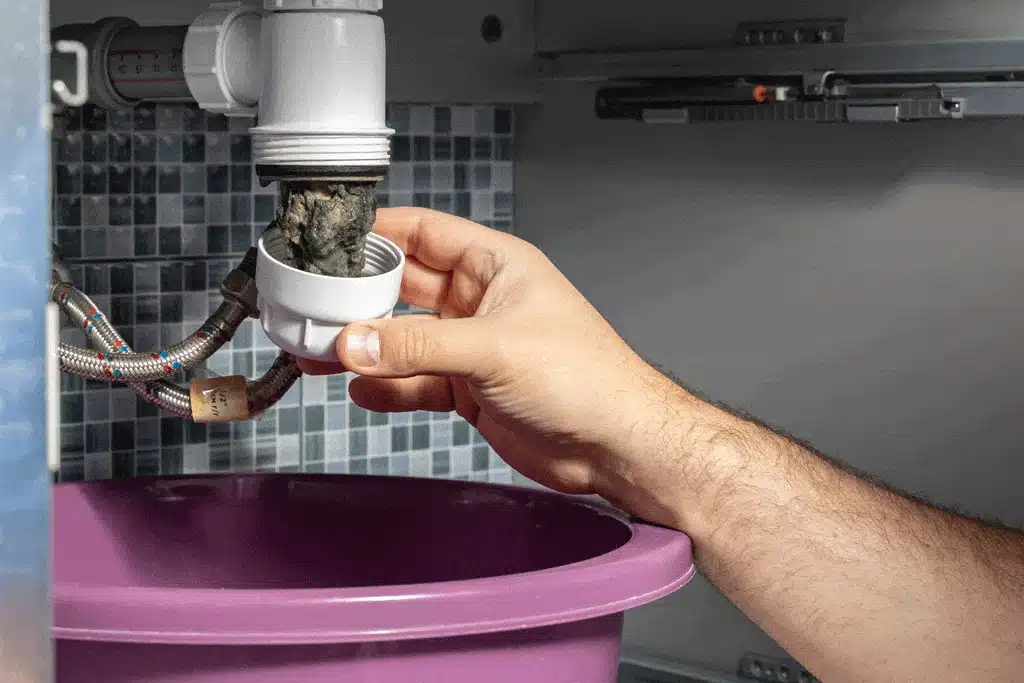The circuit breaker is often heralded as an essential advancement in electrical engineering. Unlike a fuse box, it isn’t sacrificial and allows you to restore power without looking for a spare. The main problem is that it automatically shuts off the power when overloaded with electricity. There are a few reasons why your circuit breaker keeps tripping, and some of them come with big danger signs attached. Rather than try your hand at amateur electrical repair, enlist the help of an experienced electrician to tackle the problem.
Has Your Circuit Breaker Tripped?
The circuit breaker controls everything on the circuit in your home’s electrical service panel. This includes everything from appliances to lights and fixtures. If the power in a particular area of your home rather than the whole house is off, the problem is probably a tripped circuit breaker.
You must know the location of your home’s circuit breaker. Moreover, the circuit breaker should be easily accessible and properly labeled. If there are two circuit breakers for the same area, you’ll want to detail which part of the area. For instance, you can label one kitchen circuit breaker as “kitchen appliances” and the other as “kitchen counter outlets.” An experienced electrician from Tioga Plumbing & Electric in Grapevine, TX, can label your circuit breakers if you need help.
When the circuit breaker trips, the switch handle moves between the on and off positions. You may also see a red light indicating that the circuit breaker tripped. Resetting the tripped circuit breaker is easy since all you have to do is move the switch handle to the off position and then turn it on. You’ll want to stand back or to the side for safety purposes. Don’t forget to schedule an appointment with a professional electrician to examine the possibility of the following issues and resolve them for good.
Circuit Overload
Circuit overload occurs when the circuit draws more power than it can handle. The internal sensing mechanism heats up when too many appliances or fixtures are operating simultaneously. This prompts the spring-loaded mechanism within the circuit breaker to trip, rendering the circuit inactive. The power remains off until you reset the circuit breaker.
You can easily prevent circuit overload and keep your circuit breaker from repeatedly tripping by plugging in fewer appliances simultaneously. However, the most effective and long-term solution is having an electrical services provider update your wiring and add more circuits. Let’s say your living room and kitchen run on the same circuit. Adding two circuits to handle the kitchen counter outlets and appliances will allow you to use the mixer or microwave without fear of damaging your television.
Short Circuit
A short circuit occurs when an active electrical wire comes into contact with a neutral wire. It can occur in a switch or outlet. A short circuit can also occur within an appliance if the wires are damaged due to corrosion or pests chewing through them. When an electrical short occurs, it trips the circuit breaker and often produces sparks, smoke, or popping sounds.
Common causes of a short circuit include:
- Faulty wire insulation: Electrical wires are usually coated with non-conductive material like PVC. If that insulation gets damaged or wears out, the live wiring may come into contact with the neutral wire and cause a short circuit.
- Damaged wire connections: They result in increased electrical resistance, and this increases the temperature of the wiring. The result is either electric shock or fire.
- Faulty appliance wiring: The culprit could be faulty wiring within the appliance, its plug, or the power cord.
Remember to enlist the help of a qualified electrician from Tioga Plumbing & Electric to investigate electrical shorts in your home’s wiring.
Ground Fault
A ground fault occurs when a live electric wire comes into contact with a metal wall box, ground wire, or metal framing members. It can be quite dangerous, primarily if it occurs in an area with high moisture levels, like the bathroom or kitchen. As a result, the risk of electrical shock is very high. A ground fault causes a spike in electricity and causes the circuit breaker to trip.
Building codes offer provisions for carrying electricity safely into the ground to prevent this kind of short circuit. For instance, high moisture areas like bathrooms and kitchens must have ground fault circuit interrupters (GFCIs). A GFCI shuts down electric current within less than a second when it senses a ground fault.
If a ground fault is the reason your circuit breaker keeps tripping, locating and repairing the source of the errant water will resolve the issue. You’ll want to replace any damaged wiring and install GFCI outlets in rooms where water is commonly used. All of these are jobs for a licensed electrician.
Arcing Fault
An arc fault occurs when there’s an electrical discharge between faulty or loose wires. Corroded wires create a weak connection, creating an arc fault when the current “jumps” from one end of the wire to the other. The resulting arc causes electricity to travel a short distance through the air. It’s incredibly unpredictable since various factors determine its path, including the circuit’s nature and humidity. It also generates a lot of heat that can damage or melt the wiring insulation.
The main sign of an arcing fault is a faint buzzing in the affected area. Other telltale signs include the smell of melted plastic and burning and blackened spots around electrical wiring and outlets. The primary way to mitigate against the risks of an arcing fault is to install arc fault circuit interrupters (ACFIs) in your home. You’ll also want to consult a licensed electrician in Grapevine, TX if you suspect an arcing fault to resolve it before it becomes a bigger problem.
Call an Electrician to Investigate Other Possible Causes
It’s possible that your circuit breaker is faulty, undersized for the amount of current passing through the circuit, or that your wiring isn’t up to code. You must hire a professional electrician to inspect your electrical system, identify the problem, and resolve it promptly.The experts at Tioga Plumbing & Electric will help you keep your Grapevine, TX, home safe. Contact us today if your circuit breaker keeps tripping, and an emergency electrician will be at your doorstep as soon as possible.
Photo by nelikdulatov at Shutterstock
Taking a bite out of Your Plumbing & Electrical needs
Other Electrical & Plumbing Services

Taking a bite out ofYour Plumbing & Electrical needs
We make fixing your home easier than ever. Whether it’s a leaky pipe, faulty wiring, or an urgent repair, our experts deliver fast, reliable solutions you can count on.
















